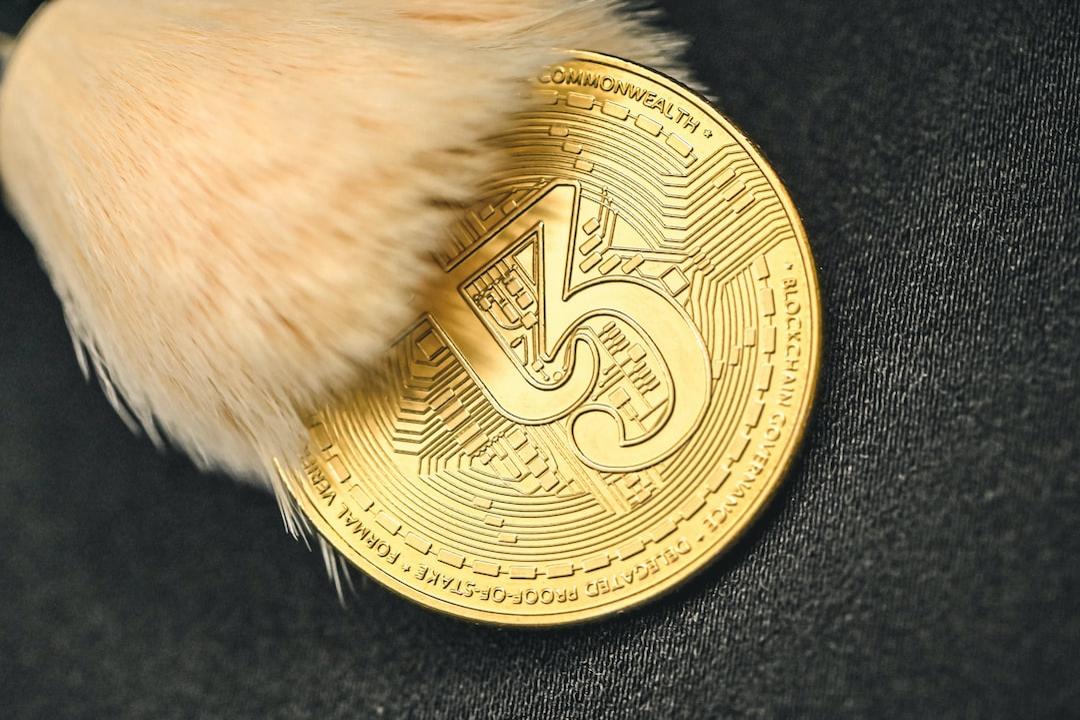US State-Level BTC Reserves Could Attract $23B in Demand
Utah’s reserve bill has made significant progress, leading the way for Arizona.
As the market awaits the feasibility of a national Bitcoin [BTC] reserve by President Donald Trump’s digital asset task force, a similar momentum has been seen at the state level.
Mathew Sigel, head of research at Vaneck, estimates that if approved, 20 state-led BTC reserve bills in the United States could generate over $23B in demand for the king coin. Sigel stated,
“If enacted, they could drive $23 billion in purchases or 247,000 BTC. This amount is independent of any pension fund allocations and could increase if lawmakers move forward.”
Is a supply shock for BTC imminent?
While some are limiting fund allocations to between 1% and 10%, some states have no such restrictions.
Pierre Rochard, Vice President of Research at BTC Miner Riot Platforms, noted that Texas’s bill does not impose a limit on the amount of BTC allocation.
He said,
“The new legislative text for Texas Strategic Bitcoin Protection Zone SB 21 is very promising! It eliminates the annual purchase cap of $500 million; lawmakers are free to save BTC as they see fit.”
In short, demand may exceed Vaneck’s estimated $23B.
In this regard, Andre Dragosch, the head of research based in Europe, emphasized that the demand would be 2.5 times the annual BTC supply.
“Thus, more than 20 states in the U.S. may have already purchased as much Bitcoin as the federal government. Together, they have absorbed 2.5 times the new supply of Bitcoin.”
That said, Utah and Arizona’s bills are leading the way following their second readings and first sessions. However, bills from three states, including Wyoming, have failed to make progress.
It remains to be seen whether Utah will be the first state to legally establish a BTC reserve. The impact on BTC demand dynamics is still uncertain.

